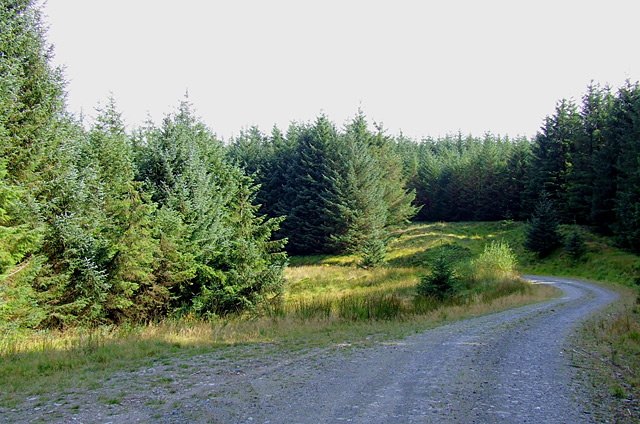Photo of Tywi Forest in Wales by Roger Kidd
Fresh air!
Today is a cool, sunny day and the air I breathe is delicious. Of course I’m not conscious of this all the time. But my diaphragm works to fill my lungs with air several times a minute, whether I think about it or not. The air I breathe is 29% oxygen, which my body uses to burn glycose, a process needed to produce energy for growth, healing, and activity. Without this precious oxygen, my body would shut down in only a few minutes.
After all these years, do you remember the basic science? The oxygen we breathe comes from plants. While animals take in oxygen, in respiration they breathe out carbon dioxide. Plants do just the opposite. They take in carbon dioxide, which they use in a process we call photosynthesis, and expel oxygen as a byproduct. Two-thirds of this oxygen is produced by ocean plants, and most of the rest from forests.
Thank goodness for plants.
Twenty years from now, when your child is a mature adult, hopefully they will still be breathing fresh air. But unfortunately, there’s no guarantee of this. The needs of the expanding world population pressure nations to cut down forests for building materials, acreage for agriculture, and new living space. Tree removal diminishes our planet’s ability to capture carbon dioxide from the atmosphere and replenish it with oxygen. One football field of trees is lost every second of every day.
Most kids grow up not appreciating how precious and delicate our environment is. Your child can learn to care about fresh air, clean water, and unspoiled oceans. Among many possibilities, here are two. First, on your child’s birthday help them plant “their tree.” It can be in your yard or in a place where trees are needed. Then each year go with your child to take a birthday photo with their tree to record their growth.
Even more, you can encourage your child to join a group that uses youth volunteers to plant lots of trees.
Every tree makes a difference. These activities are fun and can inspire more learning about nature. Learn with them, from TV documentaries, YouTube videos, and books. The challenges are real, but when your child becomes part of the solution, imagine how doing good in the world will affect their self-esteem.

